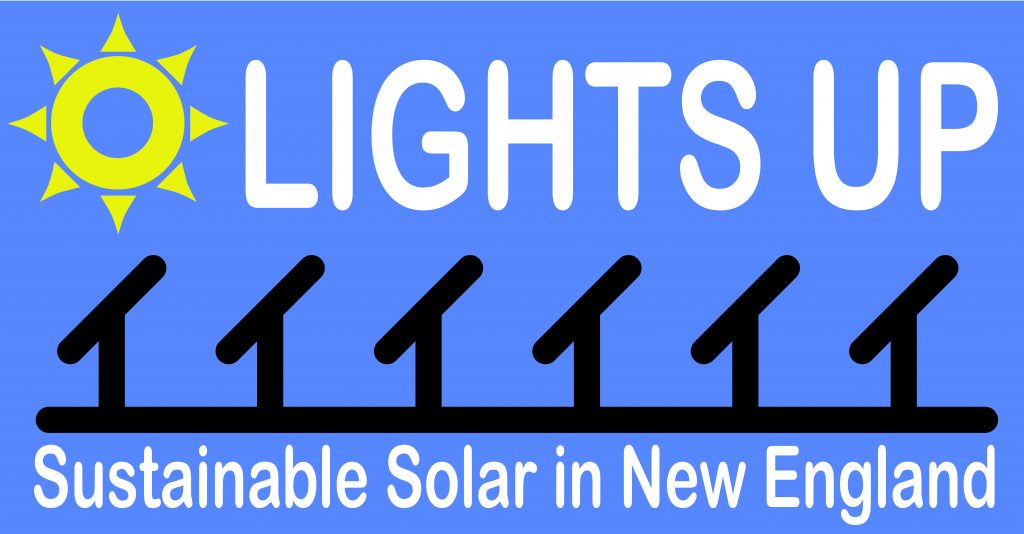As of December 3rd, 2020 – 122 total registered attendees
Valerie Miller, Natural Resources Team Lead, SWCA Environmental Consultants
Naomi Valentine, Restoration Specialist, SWCA Environmental Consultants
Moosa Rafey, Wetland Enforcement Officer/Assistant ZEO, Town of Waterford, CT
Mark Massoud, Land Use Administrator/Building Services, ZEO, Town of Waterford, CT
Christine Odiaga, Assistant Project Manager, Friends of Herring River
Michele White, Special Projects Coordinator, Cape Code Commission
Timothy Randhir, Professor, University of Massachusetts Amherst
Seth Taylor, Environmental Planner, GZA GeoEnvironmental Inc.
Chris Bores, President, Bores Property Services LLC
Amanda LaChance-Yavis, Account Manager, Bores Property Services LLC
John Edwards, Solar Owner
Paul Knapik, Senior Project Manager, BSC Group, Inc.
Lindsey Carle, Ecologist, BSC Group, Inc.
Heidi Graf, Ecologist, BSC Group, Inc.
Truman Cavallaro, Field Technician, BSC Group, Inc.
Samantha Walker, Wetland Scientist, BSC Group ,Inc.
Keith Hannon, Ecologist, BSC Group, Inc.
Bryan Wentworth, Engineering Group Manager, BSC Group, Inc.
Ethan Sneesby, Wetland Scientist, BSC Group, Inc.
Theresa Portante, Ecological Scientist, BSC Group, Inc.
Arthur Allen, Vice President, EcoTec, Inc.
Dean Gustafson, Professional Soil Scientist & Wetland Scientist, All Points Technology Corporation P.C.
Brad Parsons, Department Manager of Civil Engineering, All Points Technology Corporation P.C.
Matthew Gustafson, Forester & Scientist, All Points Technology Corporation P.C.
Jin Tao, Project Engineer, All Points Technology Corporation P.C.
Joshua Wilson, Senior Ecologist, Fuss & O’Neill, Inc.
Jessica Hunt, Associate, Stantec
Michele Simoneaux, Senior Project Manager, Stantec
Carol Grasis, Resource Conservationist, USDA NRCS
Chris Lenahan, Operations Manager, Harlan Electric
Judith Schmitz, Environmental Analyst, Massachusetts Department of Environmental Protection
George (Ray) Hill, Project Manager, Riggs Distler & Company
Brett Lowrie, Assistant Project Manager, Riggs Distler & Company
Greg Vorbach, Project Manager, Harlan Electric
Kaitlin Hollinger, Policy Associate, BlueWave Solar
Jeffery Patterson, Senior Soil and Wetland Scientist, VHB
David Halliwell, Environmental Project Manager, POWER Engineers
Melissa Kaplan, Manager of Ecological Sciences – CT, BSC Group, Inc.
Anthony Damiano, Assistant Project Manager, GZA GeoEnvironmental, Inc.
Alyssa Noyes, Assistant Project Manager, GZA GeoEnvironmental, Inc.
Aaron Svedlow, President, North Light Energy Development Services
MacKenzie McConnell, Event Coordinator, HomeWorks Energy
Micheal Gagnon, Senior Project Special, Civil Engineering, Milone & MacBroom, Inc.
Matthew Sanford, Manager of Natural Resources Planning, Milone & MacBroom, Inc.
John Zehren, Principal Consultant, SLR International Corporation
Patrick Lord, Assistant Project Manager, GZA GeoEnvironmental, Inc.
Christopher Newhall, Senior Project Manager, AECOM
Gabriella Placido, Graduate Student, University of Rhode Island
Steve O’Neill, Director of Transportation Engineering, VHB
Mike Everhart, Eastern Erosion Control & Geo-Products Specialist, EJ Prescott
Javier Sabogal, Student, University of Massachusetts Amherst
Stephanye Zarama-Alvarado, Graduate Student, University of Massachusetts Amherst
Paul Vitaliano, CT Director Of Land Development, VHB
Steve Kochis, Senior Project Engineer, VHB
Jeff Shamas, Director of Environmental Services, VHB
Gordon Daring, Managing Director – CT, VHB
Iredia Ohenhen, Soil Conservation Planner, USDA-NRCS
Fernando Rincón, Soil Conservationist, USDA-NRCS
Lilliam Torres-Santiago, Soil Conservationist, USDA-NRCS
Gina Wolfman, Senior Developer/Permitting Specialist, Greenskies Clean Energy
Gail Ceresia, Principle, Berkshire Wetland Services
Allison Milliman, Project Manager, BSC Group, Inc.
Dorothy McGlincy, Executive Director, MA Association of Conservation Commissions
Chris Sullivan, Executive Director, Southwest Conservation District
Cynthia Rabinowitz, Executive Director, Northwest Conservation District
Heidi Ricci, Director of Policy, Mass Audubon
Gregor McGregor, Environmental Attorney, McGregor & Legere, PC
Nancy Ferlow, State Resource Conservationist, USDA-NRCS CT
Robert Duero, Principal Account Manager, Stantec
Joanna Shapiro, Executive Director, North Central Conservation District
Barbara Kelly, Coordinator, North Central Conservation District
John Dudula, Natural Resource Specialist, North Central Conservation District
Mindy Gosselin, Natural Resource Specialist, North Central Conservation District
Eric Boswell, Sr. Project Manager, Stantec
Matthew Davison, Wetland/Soil Scientist, Davison Environmental
Eric Davison, Wetland/Soil Scientist, Davison Environmental
Kip Kolesinskas, Consulting Conservation Scientist
Emad Mady, Visiting Researcher/Grad Student, University of Massachusetts
Reena Randhir, STEM Director, Springfield Technical Community College
Adam Henry, Associate Principal, GZA GeoEnvironmental, Inc.
John Edwards, Forester/Solar Consultant, John Edwards
Chris Dill, Environmental Engineer I, RI Department of Environmental Management
Moussa Siri, Student, University of Massachusetts Amherst
Leo Garneau, Forester/Wetland Scientist, Northeastern Consulting Forestry Services
Aaron Svedlow, President, North Light Energy Development Services
Doug McCluskey, Western Stormwater Specialist, Everett J Prescott
Tom LaVergne, VP Land Clearing & Pipeline, BLUROC
Cheryl Cappiali, Board Member, Southwest Conservation District
Patricia Sesto, Director of Environmental Affairs, Town of Greenwich
Sarah Traore, Graduate Student, University of Massachusetts Amherst
*Please note that this list does not include 3 private sector employees and 29 students who chose not to be listed here (some listed may send staff in their place).














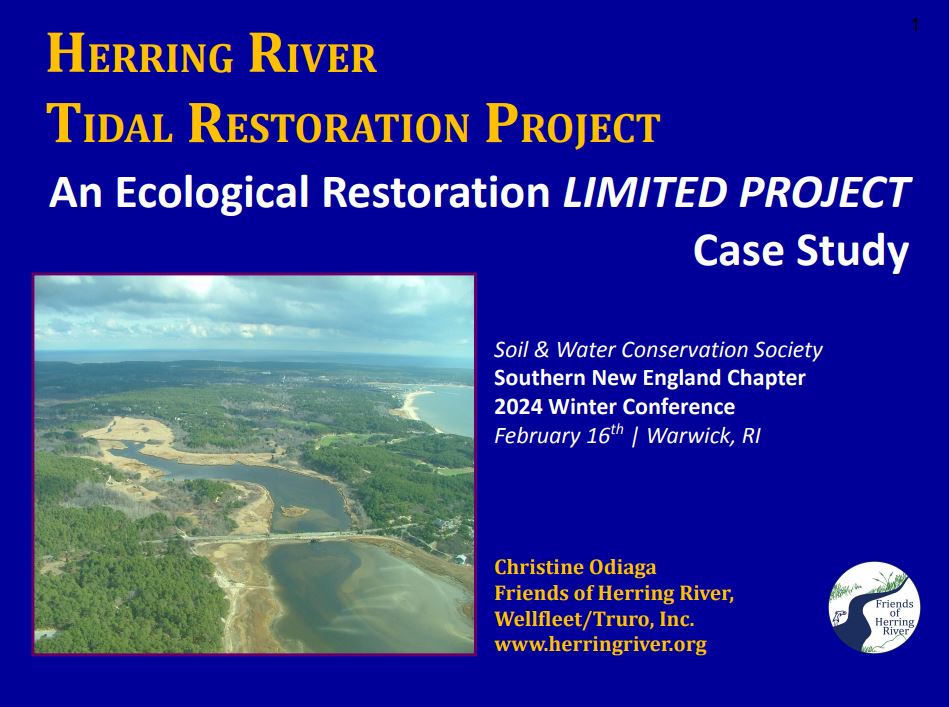
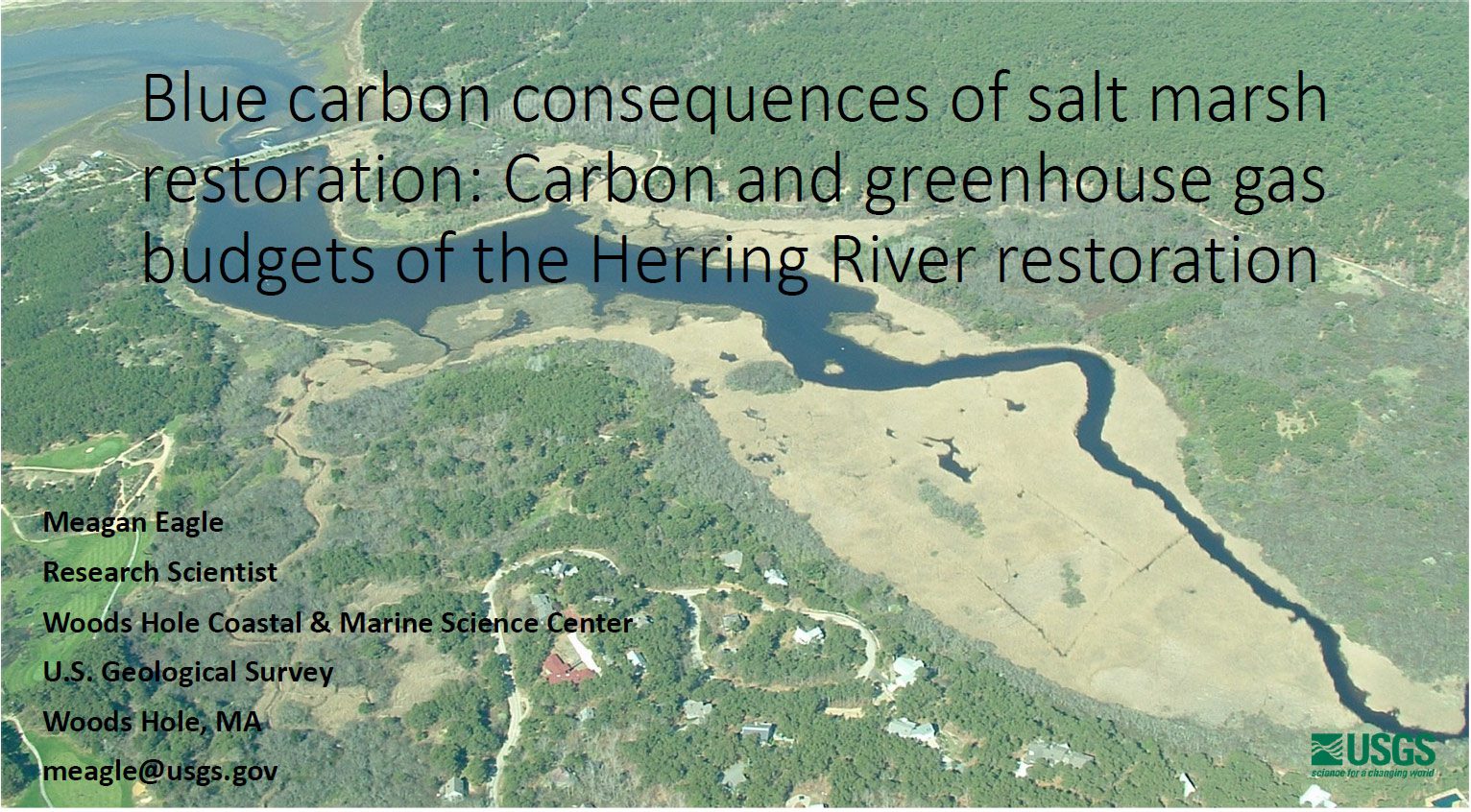
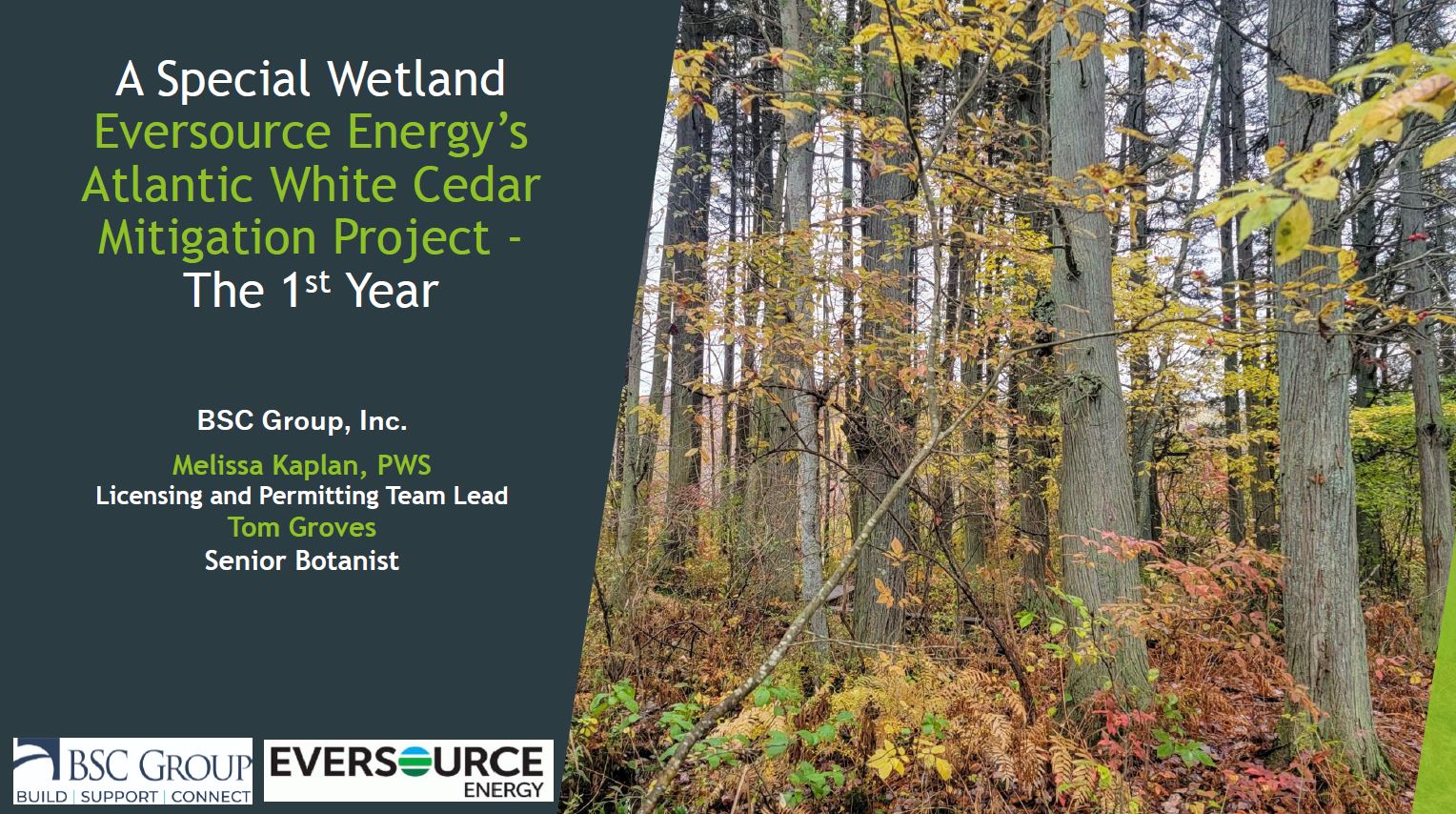
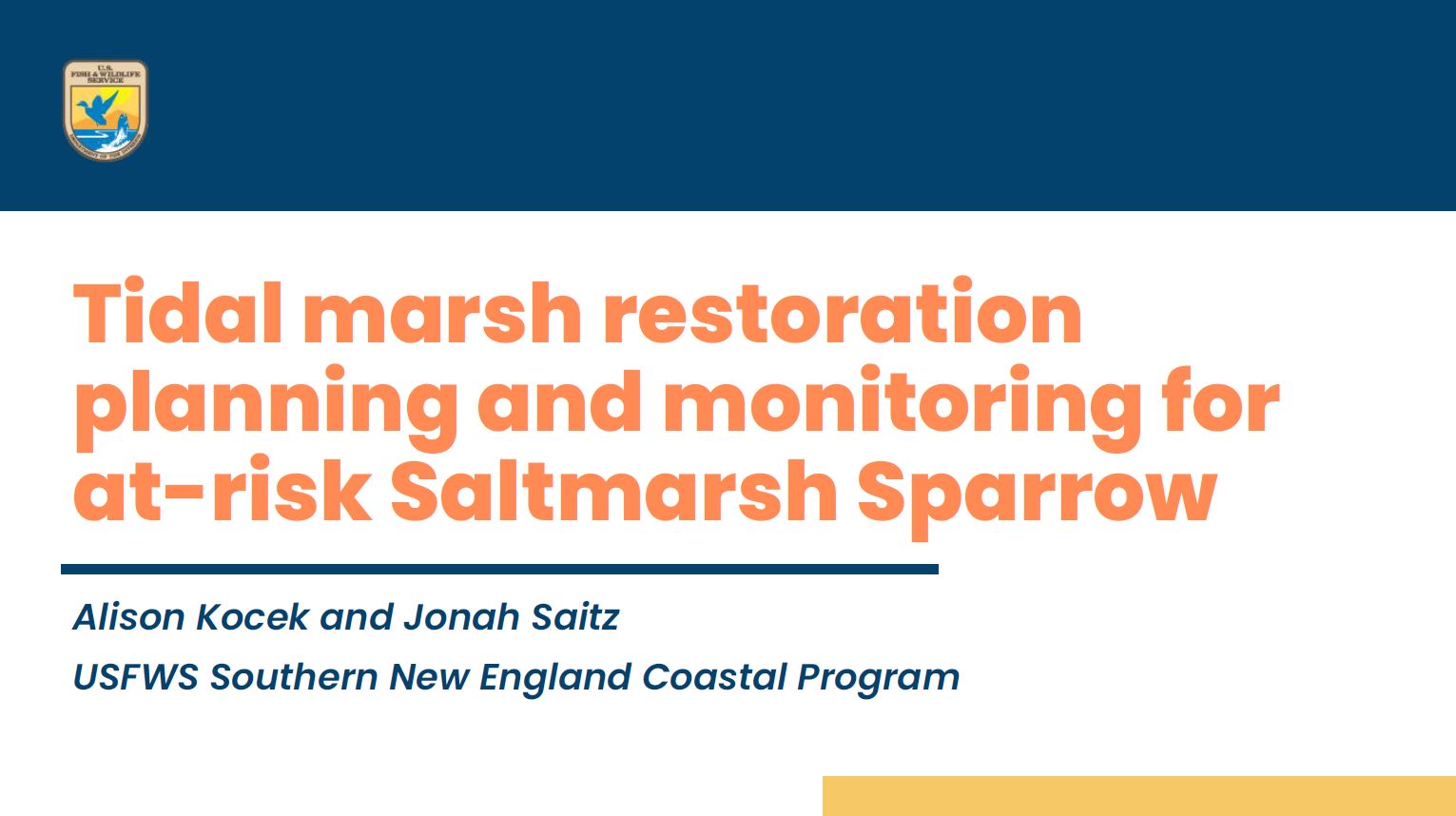
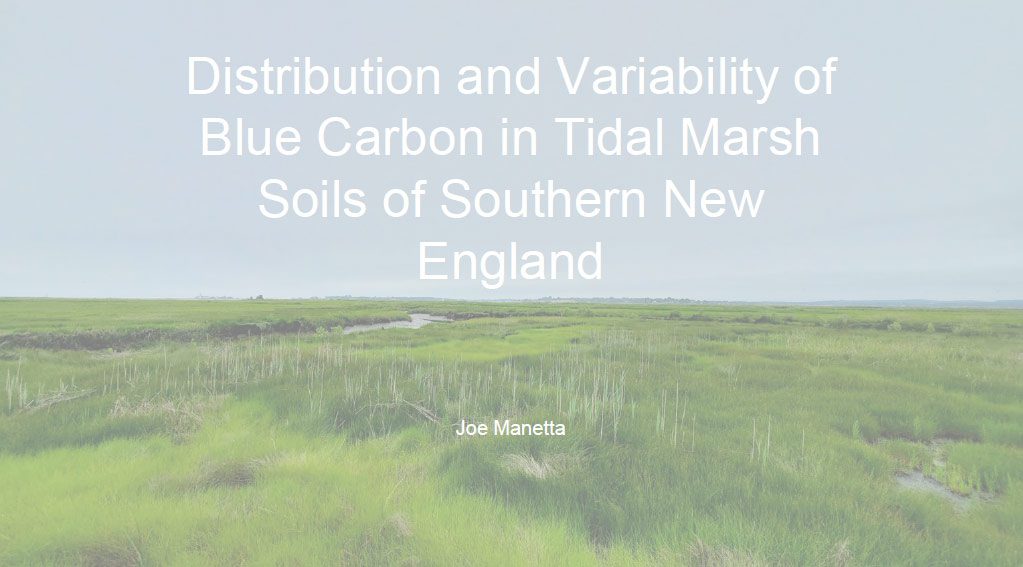
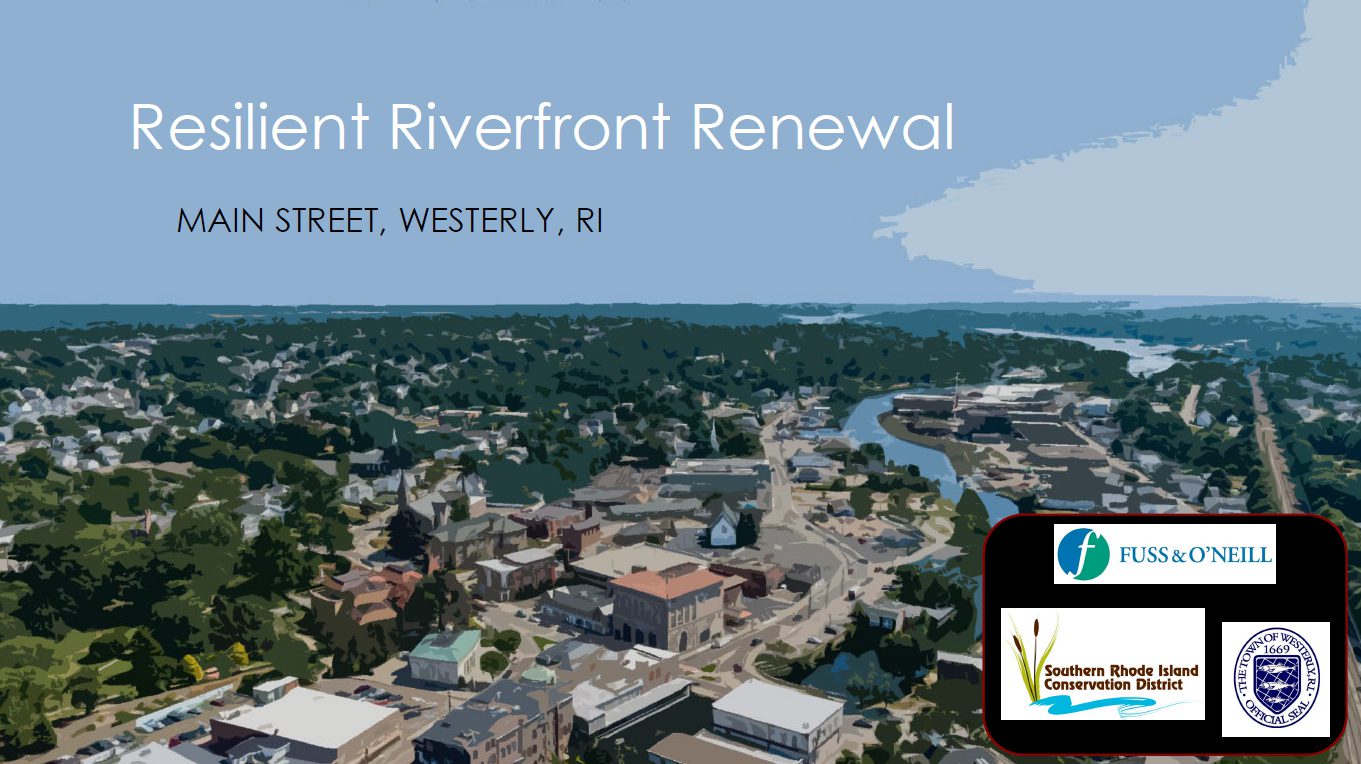
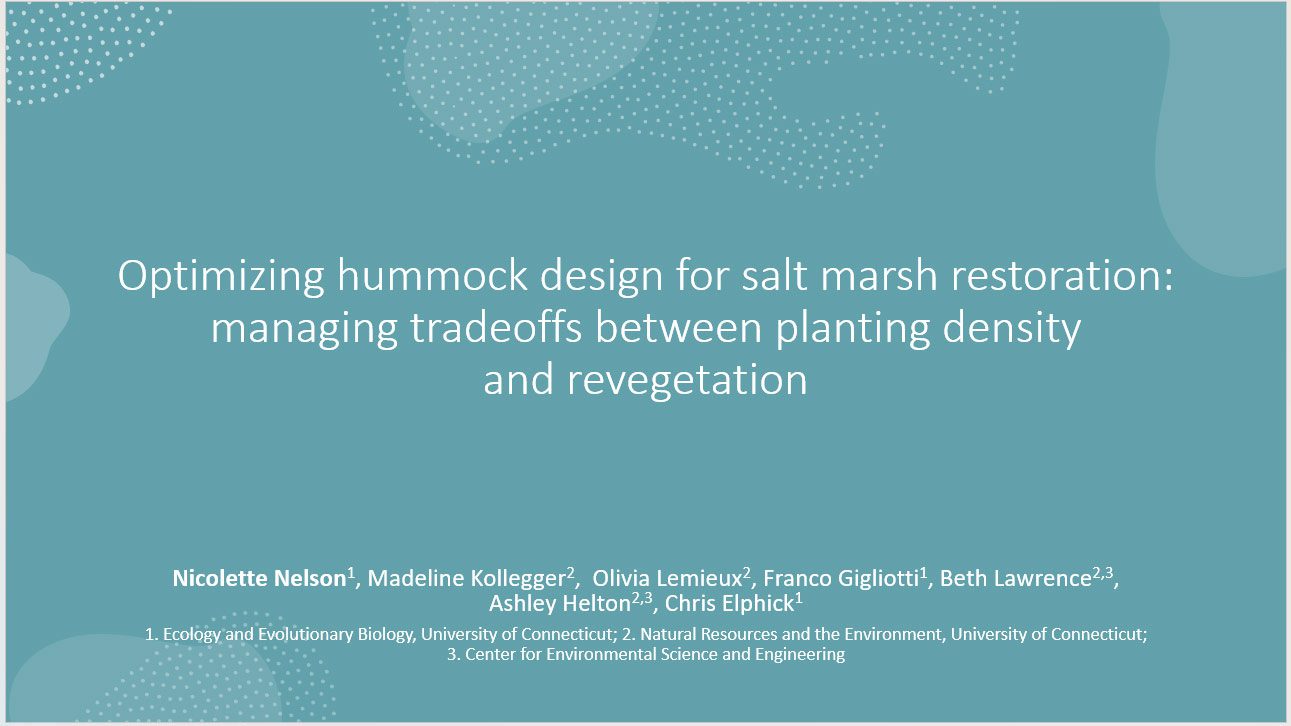
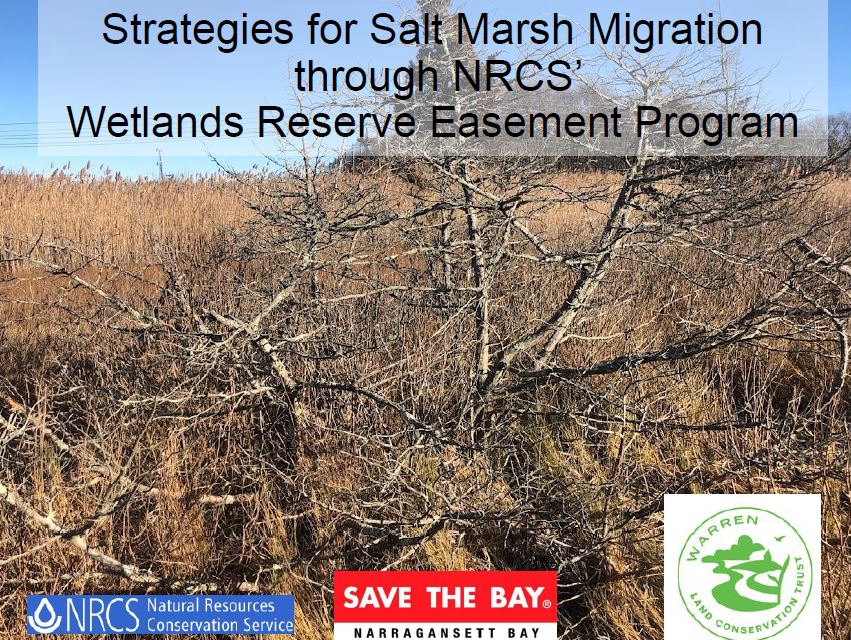
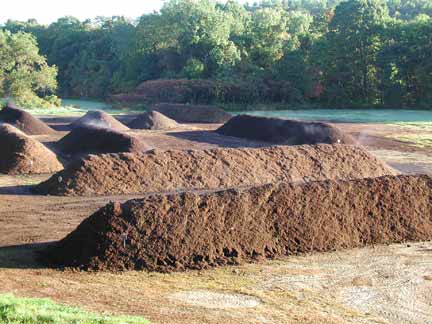
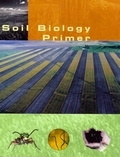
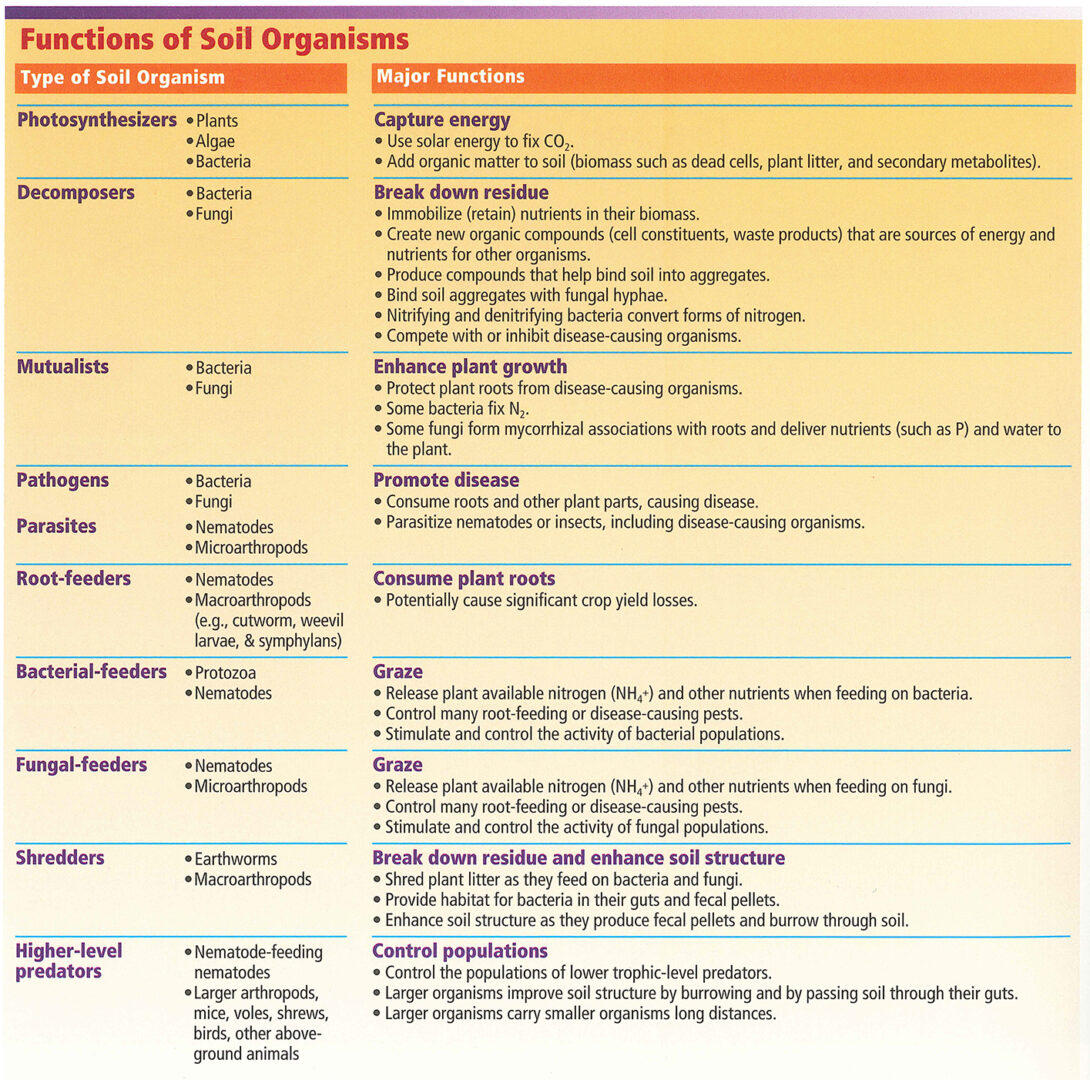
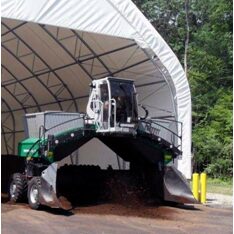


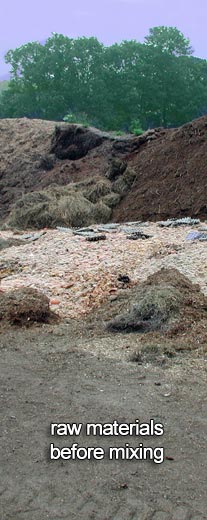




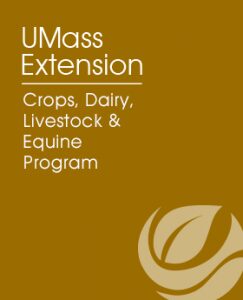 A video will be shown during lunch:
A video will be shown during lunch: 

